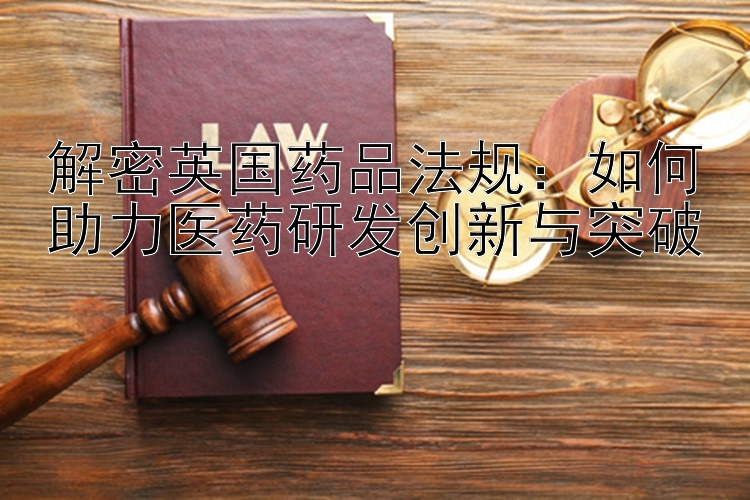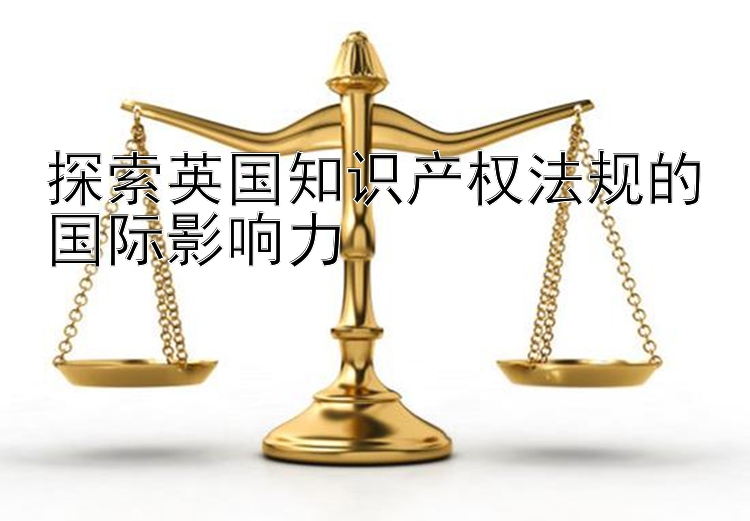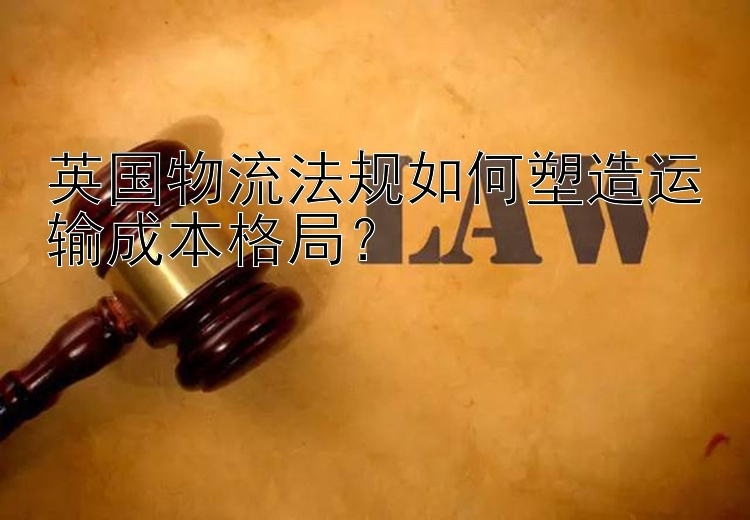英国数据保护法规:与欧盟的联系与差异解析
导读英国数据保护法规:与欧盟的联系与差异解析引言:随着信息时代的到来,数据保护成为国际社会普遍关注的议题。在欧洲,数据 protection has been governed by a comprehensive framework, with the European Union (EU) play......
英国数据保护法规:与欧盟的联系与差异解析
引言: 随着信息时代的到来,数据保护成为国际社会普遍关注的议题。在欧洲,数据 protection has been governed by a comprehensive framework, with the European Union (EU) playing a leading role through its General Data Protection Regulation (GDPR). The United Kingdom (UK), as a former member of the EU, initially aligned its data protection laws with the EU's standards. However, following its departure from the EU, the UK has begun to chart its own course in data regulation, leading to both similarities and divergences from the EU framework. This article aims to explore the connections and differences between the UK's data protection regulations and those of the EU, specifically focusing on the GDPR.
- Historical Context and Legal Foundations
The UK's data protection laws have deep historical roots in the EU's legal framework. Before Brexit, the UK was subject to the GDPR, which came into effect on May 25, 2018. The GDPR was designed to harmonize data privacy laws across Europe, to protect EU citizens' data privacy, and to reshape the way organizations across the region approach data privacy.
- The UK GDPR and the Data Protection Act 2018
After Brexit, the UK government introduced the UK GDPR, which is based on the EU's GDPR but is now part of domestic law. The UK GDPR is supplemented by the Data Protection Act 2018, which sets out the UK's additional requirements and derogations from the GDPR. This legal framework ensures that the UK maintains high standards of data protection, aligning with the EU's approach in many respects.
- Key Similarities
Both the UK GDPR and the EU GDPR share several key principles and provisions. For instance, they both emphasize the importance of consent, transparency, and individual rights, including the right to access personal data, the right to rectification, and the right to be forgotten. Both also require data controllers to ensure data security and to notify data protection authorities of data breaches within a specific timeframe.
- Notable Differences
Despite these similarities, there are areas where the UK GDPR diverges from its EU counterpart. One significant difference lies in the territorial scope of the regulations. The UK GDPR applies to organizations established in the UK that process personal data about individuals in the UK or elsewhere, whereas the EU GDPR has a broader territorial scope, applying to organizations that process personal data about individuals in the EU, regardless of the organization's location.
Another notable difference concerns the role of data protection authorities. In the EU, the European Data Protection Board (EDPB) plays a central role in overseeing GDPR compliance and in providing guidance. The UK, on the other hand, has its own data protection authority, the Information Commissioner's Office (ICO), which is responsible for overseeing compliance with the UK GDPR and the Data Protection Act 2018.
Furthermore, the UK has introduced some modifications to the GDPR's provisions. For example, the UK GDPR includes a provision that allows personal data to be disclosed to law enforcement and intelligence agencies for the purposes of safeguarding national security, which is not directly mirrored in the EU GDPR.
- Implications for Businesses and Individuals
The similarities between the UK GDPR and the EU GDPR mean that businesses operating in both jurisdictions can leverage many of the same strategies and technologies to comply with data protection laws. However, the differences require careful navigation. Businesses must be aware of the territorial scope of the regulations and ensure that their data protection practices comply with the specific requirements of both the UK and the EU.
For individuals, the high level of protection offered by both the UK GDPR and the EU GDPR is a positive development, ensuring that their personal data is handled with care across both jurisdictions.
Conclusion:
The UK's data protection regulations are closely linked to those of the EU, a legacy of its previous membership. The UK GDPR and the Data Protection Act 2018 reflect the UK's commitment to maintaining strong data protection standards, which are largely aligned with the EU's GDPR. However, the UK has also begun to chart its own course, introducing modifications that reflect its national interests and priorities. As both the UK and the EU continue to evolve their data protection frameworks, businesses and individuals must remain vigilant to ensure compliance and to protect personal data effectively.
热门标签
















